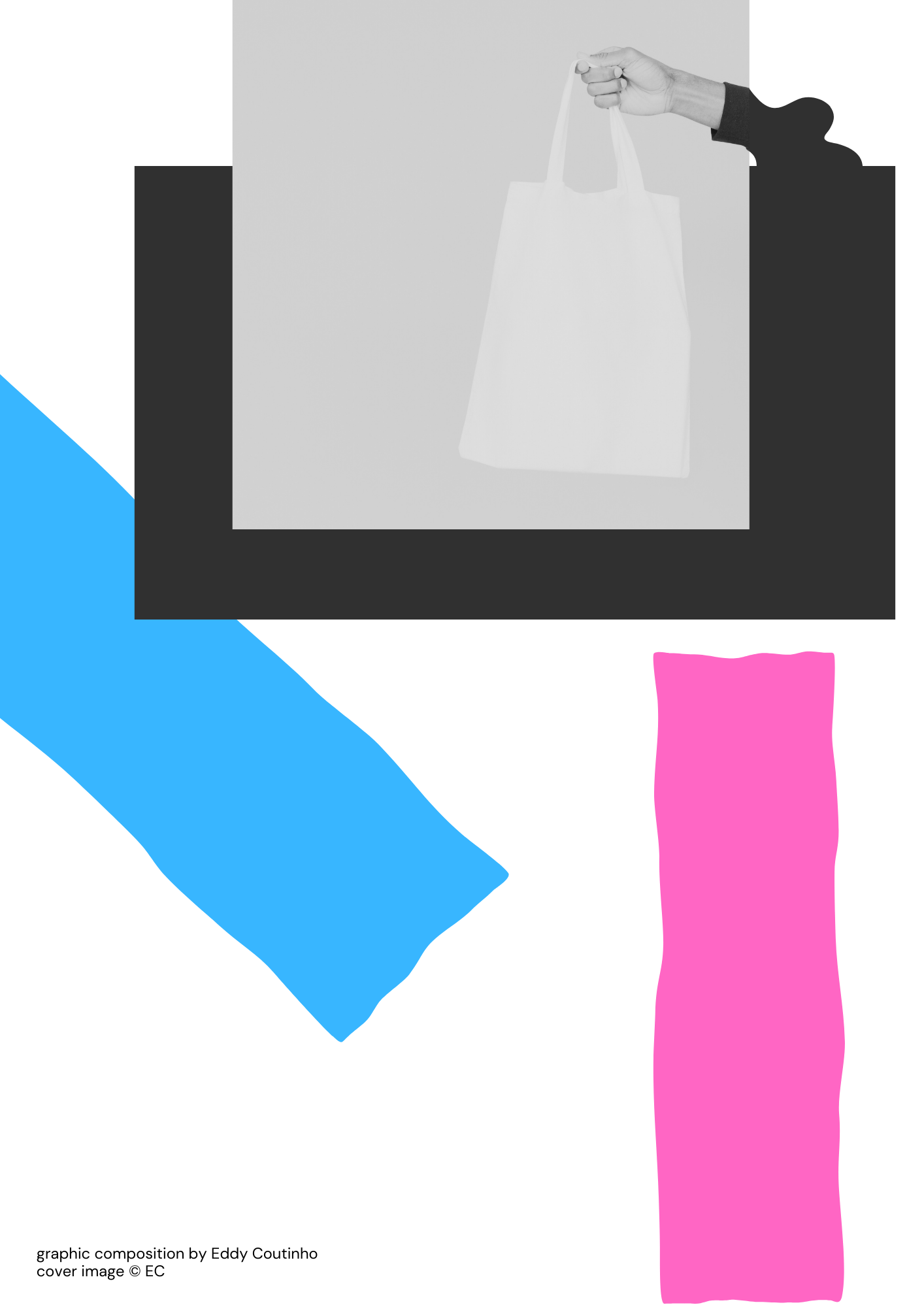

Zhenishbek Edigeev
Born in 1971 in a mountain village in northern Kyrgyzstan, Zhenishbek Edigeev grew up during the Soviet era. At 14, he began secretly writing his diary, an activity prohibited by the regime. Following a dispute with his brother, who reported him to his schoolteacher, the teacher destroyed his diary and a copy of One Thousand and One Nights that Zhenishbek was reading, which was also banned.
After completing secondary school, he started studying medicine in Tashkent but quit after a year to join the army. He was stationed for a year in Belarus and a year in Czechoslovakia. When he arrived near Prague, he coincidentally ran into his brother whom he hadn't seen for a year and a half. He wrote the story of this unexpected reunion and sent it to the main newspaper in Kyrgyzstan. The article was published a week later. During his time in the army, he continued writing his diary and published six articles in the same newspaper. He now knew what he would do in the future: write.
Once his military service was completed, he returned to Kyrgyzstan at the end of 1990. The communist regime was collapsing. Enormous political, economic and societal changes were taking place in the country. Having found his calling, Zhenishbek studied at the faculty of journalism in Bishkek. Soon, he started working for an independent newspaper. The editor-in-chief became his mentor. The newspaper stood out from other Kyrgyz publications for its fresh style and the courage of its opinions. Zhenishbek absorbed this innovative style and learned to criticize power skillfully.
Kyrgyzstan has two kinds of newspapers: those serving the government and private or independent newspapers. Often, investigative journalism is taught in schools or by professionals. Since 2005, NGOs have started teaching investigative journalism in Kyrgyzstan.
However, Zhenishbek and his wife learned the trade in their private lives because the political context confronted them with the need to gather and disseminate information. They gained a lot of experience by researching and investigating the regime.
In 2008, armed with this experience, Zhenishbek left his position as deputy editor-in-chief to found the newspaper De Facto, along with his wife, also a journalist. From the first issue, the newspaper was a great success. The circulation quickly increased to meet demand.
The political situation in Kyrgyzstan, however, was unstable. The government limited freedom of expression and assembly. De Facto exposed the excesses and corruption of the regime. The authorities also exerted pressure on the media.
Thus De Facto existed for only 10 months. One morning, the regime shut down the newspaper. Computers and all equipment were confiscated. Under threat, fearing for their lives, Zhenishbek and his family quickly left Kyrgyzstan to go to Almaty, Kazakhstan, a three hour drive from Bishkek.
They approached the United Nations High Commissioner for Refugees (UNHCR), which granted them political refugee status after a month. The UNHCR sent their asylum application to several countries. Three months later, Switzerland agreed to receive them. Arriving in Geneva in 2009, Zhenishbek and his family had never imagined leaving their country. In Kyrgyzstan, their newspaper was a success, and they had plans to expand it and create a radio or television program, but in a matter of days, their destiny changed.
Zhenishbek believes that to become a journalist, the main requirement is to have a writing talent. One must also be able to sense the situation. A good article should answer two questions: why? and for whom? Journalists must always consider their audience and the purpose of their article. The journalistic piece must be complete, with an introduction, development, and conclusion.
"If you feel that without writing, you are nothing, then you are ready to be a journalist."
The pursuit of truth should guide the journalist's professional ethics. In some countries, journalism allows the revelation of government abuses and corruption. The journalist holds a power that can overthrow a regime. For this reason, journalism must be practised responsibly and conscientiously.
Regarding online media, Zhenishbek believes that the writing is generally of lower quality than that intended for print media. On the web, everything is mixed up; there is no editorial line or quality standards. Some tend to write like text messages. The richness of vocabulary, as well as style, is lost, both in English and other languages. His advice for writing for the web is to apply one's know-how without trying to simplify one's style too much.
Author of two novels, Zhenishbek considers that an investigative journalist, unlike an art critic or writer, writes about subjects that generally have a short lifespan. An article can lose its appeal overnight, which is not necessarily the case for a film review or a novel. A novel writer must capture and convey what others do not see. Despite many differences, the writer and journalist have common points, the main one being the ability to convey ideas and the pursuit of a unique style.
In 2021, Zhenishbek founded the Alpalatoo Association to establish links between Central Asia and Switzerland in the fields of culture and economy and to promote all kinds of exchanges. The Association's website, which will be available in Kyrgyz, Russian, French, and English, is under construction. The association is seeking funds for the development of its activities.
By the same author:
Hermeto Pascoal: Ella Fitzgerald Stage, July 5th
Hermeto Pascoal : Scène Ella Fitzgerald, le 5 juillet
Plácido Domingo au Victoria Hall : 13 juin
La Nativa : Un café-bar un peu magique
Jean-Michel Jarre, Guest of Honor at GIFF
Photo credit : Zhenishbek Edigeev
Great!